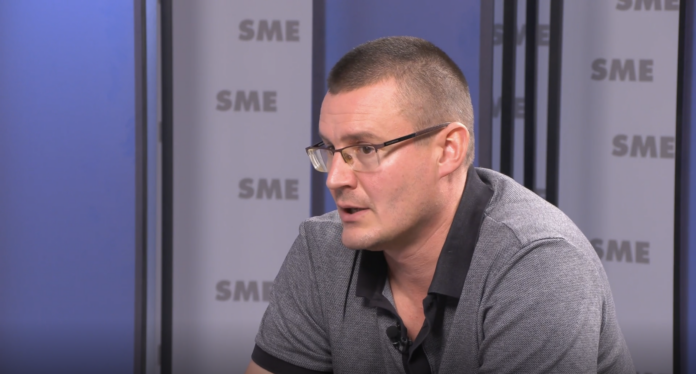Michal Šúrek, the prosecutor behind the conviction of Slovakia’s highest-ranking corrupt official, now finds himself sidelined by a judicial system accused of shielding the powerful. His case underscores fears of institutional paralysis, political interference, and a faltering commitment to the rule of law
Corruption Prosecution Amid Institutional Backlash
Michal Šúrek gained prominence for prosecuting Dušan Kováčik, Slovakia’s highest-ranking convicted official, who was sentenced for corruption and ties to organised crime. Despite his pivotal role in exposing systemic criminal links, Šúrek faces personal and professional reprisals, including being stripped of prosecutorial duties—a decision he attributes to political motives.
Šúrek criticises General Prosecutor Maroš Žilinka’s handling of his case, labelling the actions as “cowardly and opportunistic.” He alleges that such measures serve political interests aligned with influential figures implicated in high-profile cases such as “Operation Purgatory,” which targeted corrupt police and state officials.
Systemic Challenges and Institutional Paralysis
Šúrek’s remarks spotlight a broader institutional failure. He highlights the deliberate stalling of high-profile trials, such as the “Purgatory” case, which implicates senior police officials and figures like Norbert Bödör and Tibor Gašpar. Delays caused by procedural objections and alleged political interference threaten the integrity of Slovakia’s judiciary.
He expresses dismay over inadequate institutional support from bodies like the Slovak Prosecutorial Council, contrasting it with public solidarity exemplified by the White Crow award—a recognition for ethical courage in public service.
Culture of Silence and Fear Among Prosecutors
Šúrek reflects on the pervasive fear among Slovak prosecutors to challenge the status quo, which he attributes to cultural and systemic opportunism. He argues this creates a compliance-driven environment that undermines the independence and accountability necessary for a functional justice system.
He notes the supportive stance of Czech prosecutors’ associations as a model of professional solidarity, contrasting sharply with Slovak institutions’ reluctance to act.
Implications for Slovakia’s Democratic Integrity
The implications of Šúrek’s case extend beyond individual repercussions. His concerns underline broader vulnerabilities in Slovakia’s fight against corruption and the rule of law. As key cases face the risk of collapse due to alleged political interference, the country’s judiciary and governance face increasing scrutiny, both domestically and internationally.
Šúrek’s continued push for accountability and transparency serves as a stark reminder of the stakes in preserving democratic integrity in Slovakia.
Source: Jana Krescanko Dibáková, Oliver Kostanjevec, Štefan Straka, Tomáš Rybár | SME








